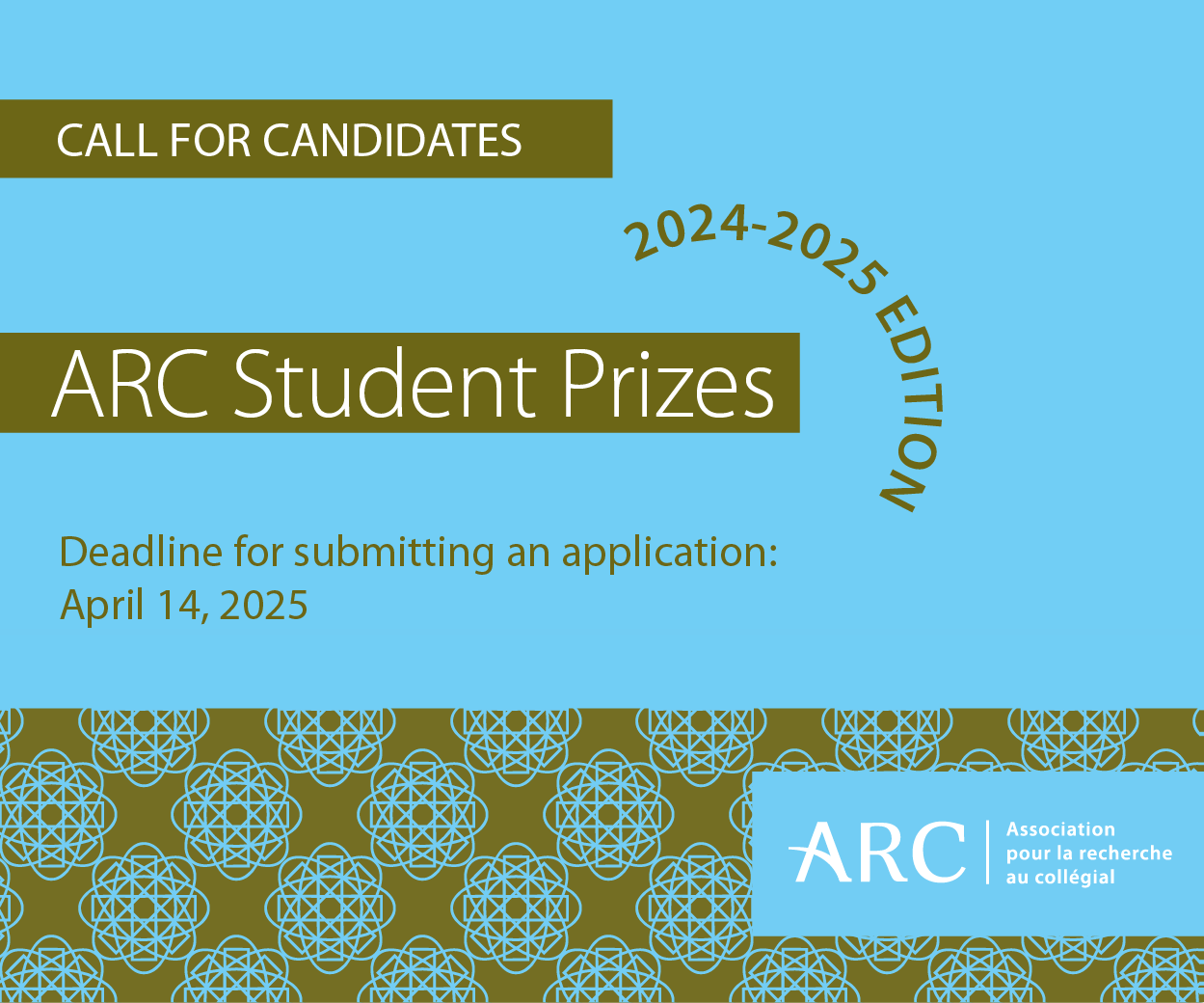It's not uncommon to catch preschoolers dilly-dallying when they're supposed to be tidying or school-aged children putting off homework for more desirable tasks.
But are these forms of procrastination? And do they influence future adult tendencies?
These are questions Brock Professor of Psychology Caitlin Mahy is taking steps to answer.
"Research on procrastination in young children is an emerging field," she says. "The same measures we use to study adult procrastination don't necessarily apply to children at different stages of development."
Mahy has co-published a paper calling for procrastination definitions, theory and interventions to be informed by studies on adults and children, which have so far run parallel to one another.
By taking this approach, researchers will more deeply understand how procrastination plays out in young children as they mature, leading to better early-life interventions, she says.
The paper maps out children's typical procrastination-type behaviours in various stages beginning with preschoolers (ages two to four), who put off tasks and household routines; older preschoolers (ages five and six), who delay doing homework and household chores; elementary and middle-school children (ages seven to 13), who experience an increase in academic procrastination; and high school teens (ages 14 to 18), for whom procrastination is prominent at school as competing demands on time increase.
As time passes, children generate more simultaneous goals, while parents play a decreasing role in generating, directing and regulating goals for their children.
Researchers probing for a greater understanding of these behaviours mostly rely on reports from parents describing what they see with their children compared to studies on adult procrastinators who fill out questionnaires on their own behaviours, says Mahy.
The standard definition of procrastination includes five criteria: there is an intention to perform the task; the task is delayed; the delay is voluntary; the delay is unnecessary; and future negative outcomes are expected.
"Very young children have difficulty reporting on their intentions," says Mahy, "Even if we study their behaviour, you don't necessarily know the child's intentions, you can't read their mind to see if they've anticipated future consequences, you're just observing their delay in performing tasks."
Because young children's abilities to be introspective and fully understand the consequences of their delays are absent, their behaviours can't be strictly classified as being "procrastination, according to the current, prevalent definition," says Mahy.
"Instead, we can say these may be early pre-cursors or represent emerging procrastination behaviour."
In addition to reshaping the definition of procrastination to capture children's experience, Mahy and her team describe how theory and intervention could be further improved by considering adult and child research.
They outline several cognitive abilities, such as emotion regulation, that likely contribute to the development of procrastination. They also recommend more research on the development of children's procrastination over time and across age ranges, as well as the creation of more objective ways of assessing children's procrastination.
These and other findings are included in "Mutual implications of procrastination research in adults and children for theory and intervention" published in the September issue of Nature Reviews Psychology in which co-authors Yuko Munakata from the University of California Davis and Akira Miyake from the University of Colorado Boulder review a broad range of research on adults' and children's procrastination.
For parents wishing to help their children avoid procrastinating, Mahy offers these tips:
- Use a "starting ritual" such as a countdown or the "Pomodoro technique," which involves five-minute breaks after 25 minutes of doing the task.
- Clear distractions, such as toys or screens, in the immediate environment.
- Break down longer-term deadlines into shorter tasks and chunks of time.
- Make tasks more fun to do and accomplish.













